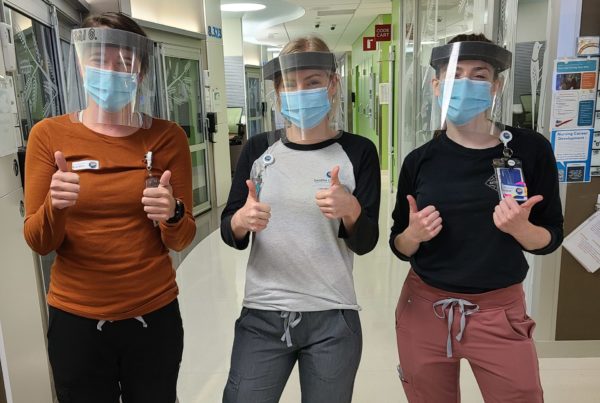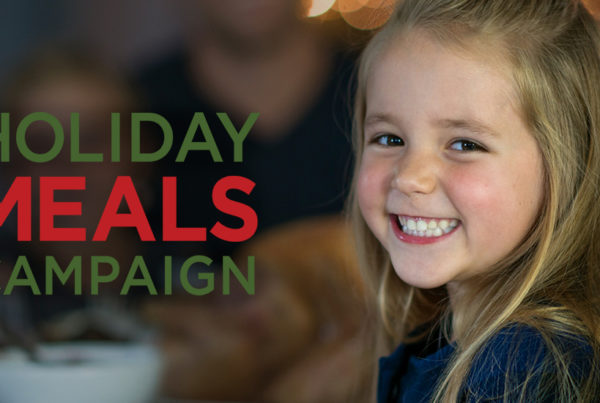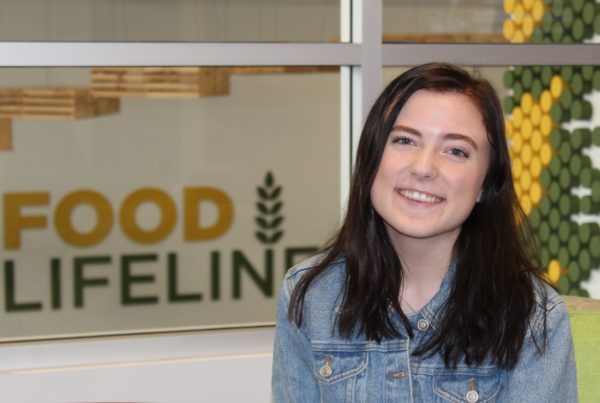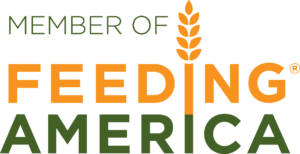The announcement echoes through the gigantic Walmart, summoning the lead employee of each department to gather for a training presentation by Lauren Boling, a Food Lifeline Grocery Rescue representative. Food Lifeline’s Grocery Rescue program takes in over 18 million pounds of food each year, though the work it takes to reach that number often goes unnoticed. The backbone of Food Lifeline’s work is relationships, which is why face to face training sessions like Lauren’s are so crucial.
As we talk with each department head, it’s encouraging seeing their faces light up as they realize another item they sell can be donated. 
“You mean we can donate all the rotisserie chickens as long as we freeze them?” asks the enthusiastic Walmart manager. “That’s great! I know being hungry, I’ve been there, a lot of us have.”
In that instant, this one department in a rural Walmart would be donating pounds and pounds of whole chickens they would normally be throwing away. The work Food Lifeline does is highly personal, and highly social. Food Lifeline is dependent on the strength of these community relationships, and without maintenance, Food Lifeline would have a much harder time convincing our grocery partners to donate the amounts of food that they do.
“The retail industry has a high turnover rate, so it’s really important that we’re going out in person on a regular basis to make sure that everyone is aware of the program, understands in the impact of the donations they’re setting aside, and has all of the information they need to successfully participate in the program.”, says Hailey Michel-Evleth, Food Lifeline’s Grocery Rescue program manager.
Our next stop is the Clallam County court house in Port Angeles. Here we’re greeted by a group of food bank representatives various towns and cities across Clallam County, as well as representatives from the local government, and other food donation organizations. The meeting is productive, with every member discussing ways for the coalition to better manage the work they perform together.
 “If these meetings will help me get food into the mouths of my fellow community members, then I’m happy to make the drive”, remarks one Food Bank representative.
“If these meetings will help me get food into the mouths of my fellow community members, then I’m happy to make the drive”, remarks one Food Bank representative.
As the meeting ends there’s a feeling of optimism amongst the members of the coalition; all the time spent traveling from areas across the Olympic Peninsula is well worth it. Much of the work this coalition does the individual members will perform themselves, so the strength of the relationships between members is the fun for the meeting. Without these partnerships, Food Lifeline wouldn’t be able to perform the important work it does, which is why the work of Agency Relations is so essential to the functioning of Food Lifeline, and the feeding of those who struggle with hunger across the state.







